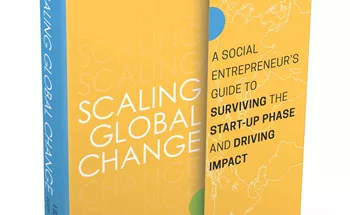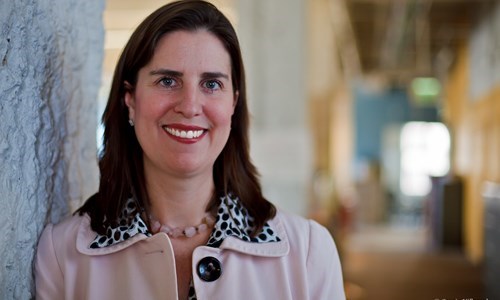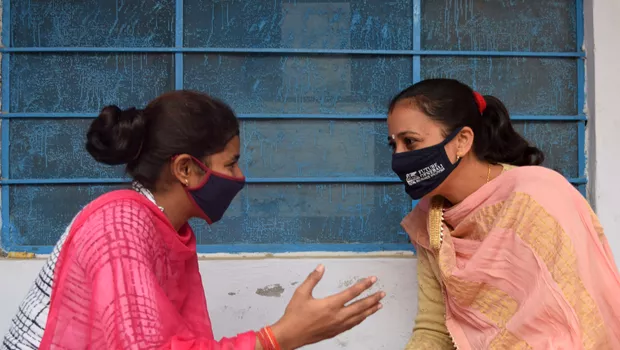 Grab a copy here!
Grab a copy here!
In this insightful interview, Room to Read Co-founder and former CEO, Erin Ganju, and Chief Innovation Officer, Cory Heyman, reveal what drove their newly-published book, Scaling Global Change: A Social Entrepreneur's Guide to Surviving the Start-Up Phase and Driving Impact. This book features the ABCs of social entrepreneurship with all proceeds going to Room to Read!
1. Why did you decide to write Scaling Global Change?
Erin: There is an incredible global movement of people who have helped Room to Read succeed because they believe that a quality education is a basic human right. Many people have asked us over the years how Room to Read has come so far so fast. We wrote Scaling Global Change to share our rigorous and strategic approach that allowed Room to Read to grow from impacting a few thousand children in one country in 2001 to more than 12 million children to date across 15 countries.
Cory: The generous financial investments Room to Read received over the years created a rare opportunity to do what we thought best with few requirements. We have tried to be good stewards of those resources and had to make our own roadmap, learning many lessons along the way. This book is an opportunity to give back to the people who trusted us, so the next generation of entrepreneurial social enterprises can learn from our experiences.

2. From your experience, what aspect of scaling do social entrepreneurs struggle to master?
Erin: The nature of social enterprises is to disrupt the status quo, innovate, and scale new approaches. Many social entrepreneurs are great at innovating new programs, but struggle to develop the ability to manage key operational and organizational development decisions in a disciplined way. Often issues arise in building a strong resource mobilization approach, organizational culture, and systems that support scaling. In Scaling Social Change, we discuss how Room to Read maintained this delicate balance of being both disciplined and nimble. The main take away is that only in building a strong organization can your social impact be maximized.

3. Over the course of Room to Read's growth, what was one of the biggest challenges you navigated and how?
Cory: One of the challenges I have faced at Room to Read is advocating for big operational changes in our work when they seemed to make sense without external pressure. Different from the private sector, nonprofits rarely have the kind of immediate metrics, such as sales or revenue, to inform decision-making. Convincing colleagues to adopt and execute a big new approach—such as the creation of a new technical assistance business unit—can be difficult and emotional. Our hope is that Scaling Global Change can help entrepreneurial social enterprises develop the language and rationale to make important changes at key times in their organizations’ growth that will be easier to discuss with staff and stakeholders.
4. Scaling Global Change isn't simply a book for social entrepreneurs, it's also written for the people that support and champion their causes. How important was external support for Room to Read's growth?
Erin: From the start, we realized at Room to Read we were in the collective movement-building business. Carefully managing our brand, investor, and volunteer experience has been key in growing the global movement that keeps supporters engaged. At Room to Read, we have always embraced the power of storytelling as a key component in our ability to build the momentum of this collective movement, which is instrumental in generating the revenue required to support our growth and impact. We prioritize fundraising and communications, find ways to create a sense of urgency for our mission, and see our investors as true partners in our movement.
5. What's the most important lesson readers should take away after from Scaling Global Change?
Cory: That organizations matter in trying to make big social advances in the world. Being mindful about how far an organization is in its development and proactive in shaping its programmatic, operational, and strategic approaches can make a big difference in how much impact it can achieve. Scaling Global Change helps create that awareness and provides some helpful tools and processes for getting there.
Learn More!
For a deep dive on Scaling Global Change, check out our press release.



